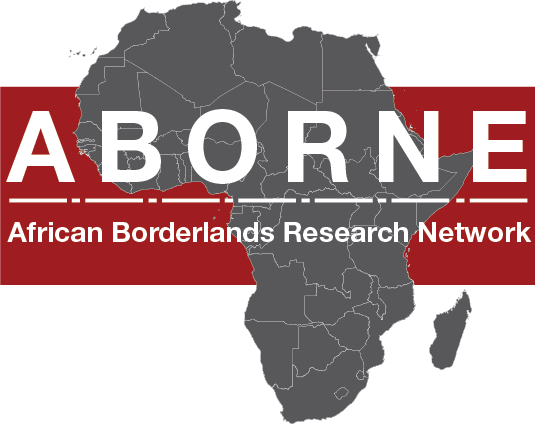WHAT IS ABORNE
The African Borderlands Research Network (ABORNE) was founded in June 2007 by a small group of committed scholars. Following the launch of the ESF ABORNE Research Networking Programme, its registered membership has grown to over 300 individual and institutional members mostly based in Europe, Africa and North America.
ABORNE is an interdisciplinary network of researchers interested in all aspects of international borders and trans-boundary phenomena in Africa. The emphasis is largely on borderlands as physical spaces and social spheres, but the network is also concerned with regional flows of people and goods as well as economic and social processes that may be located at some distance from the geographical border.
The programme brings together established scholars with an international reputation in the field and doctoral students whose data is fresh from the field and whose analysis is on the cutting edge of trans-disciplinary social sciences. Through researcher exchange, workshops, PhD seminars and joint publications, ABORNE will develop a common theoretical perspective on African borderlands and communicate it to scholars, policy makers and students. It will thus contribute to an improved understanding of states and their borderlands in general and inform important policy decisions in Europe, Africa and elsewhere.
ABORNE is primarily a forum for academic researchers aiming for a better understanding of African borderlands, but it also welcomes individual members and institutions whose work is of a more applied nature.
It provides a lively platform for debate, the sharing of knowledge and the coordination of research activity, conferences and publications.
ABORNE integrates insights derived from different subfields of knowledge – including history, anthropology, sociology, political science, geography, development studies, migration studies and refugee studies – that have tended to produce a fractured body of knowledge about African borderlands.
The programme engages with scholars and policy makers working on other parts of the world and endeavours to bring new insights to bear on borderland studies in general, both at the conceptual and the empirical levels.
It seeks to develop borderland studies as a sub-field in its own right and to promote research activity as well as programmes of study at the under- and post- graduate level.
ABORNE and the African Union Border Programme (AUBP) have signed a Memorandum of Understanding to formalise their working relationship, which includes co-financing of ABORNE activities in order to enable the participation of Africa-based scholars and continuous exchange on issues of scientific and policy relevance.

